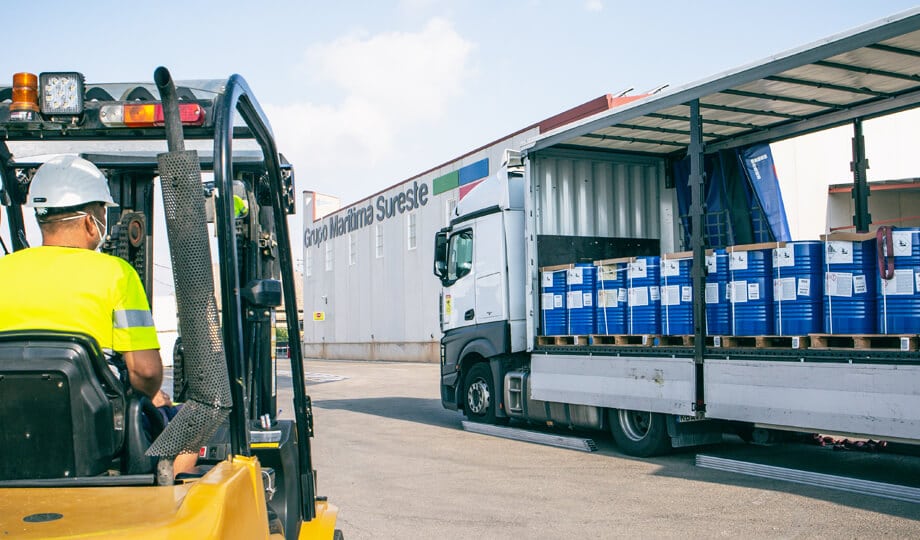It has never been safer to transport ADR dangerous goods
Freight transport by road, regardless of its type, is now safer.
ADR is a European Agreement that has regulated the international carriage of Dangerous Goods by road since 1957. Its task is to regulate the movement of all solid, liquid and gaseous products that pose a risk to human health, the environment or other materials.
That is why, for this type of road transport, it is essential to take the safety measures and protocols required by law. Only in this way will you be able to make a journey with all the guarantees in your favour.
At Grupo Marítima Sureste you will find the ADR land transport service for dangerous goods with which you will be safe.
Goods are considered hazardous when they are made up, in part or in whole, of a material or component that is harmful to both the environment and human beings.
For this reason, this type of transport requires special permits and authorisations, specific paperwork to ensure compliance with regulations, suitable packaging to prevent the load from being exposed and a previously trained team.
In addition, since dangerous goods are catalogued for easy identification, depending on their class, standardised identification must be used on the outside of the vehicle.
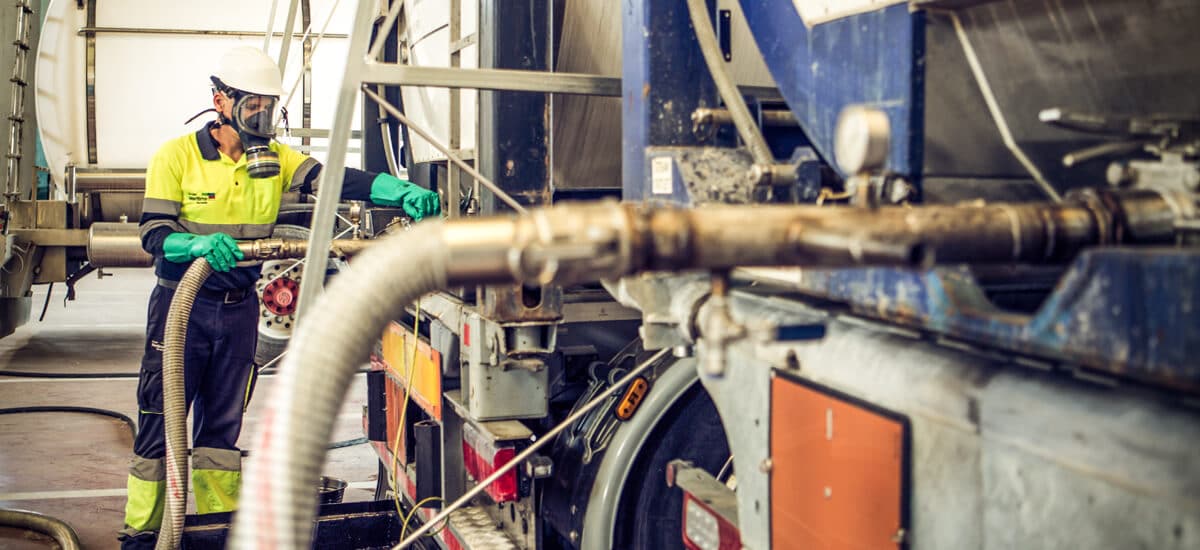
Safety requirements
In order to be able to transport dangerous goods, it is essential to comply with the safety requirements set out in the current regulations.
In this way, the current requirements are kept in mind at all times in order to guarantee a perfect shipment, as the safety requirements are very different from those of ordinary transport.
These requirements are:
- All transports assigned for the transport of dangerous goods must have two clearly visible placards, one at the front and one at the rear. This placard, known as “Sign V-11”, has a rectangular orange shape with numbers in two lines and black borders.
- According to the CLASS of the goods, the appropriate labelling and symbol must be displayed on a diamond-shaped panel.
- The driver of the vehicle must have the appropriate training for driving with hazardous materials and know how to respond to any eventuality that may occur.
- In addition, the vehicle must have passed the inspection tests required by law for carrying this kind of goods.
- During the journey, the vehicle must reduce its maximum speed to 10 km/h below the limit for this type of vehicle according to the type of road.
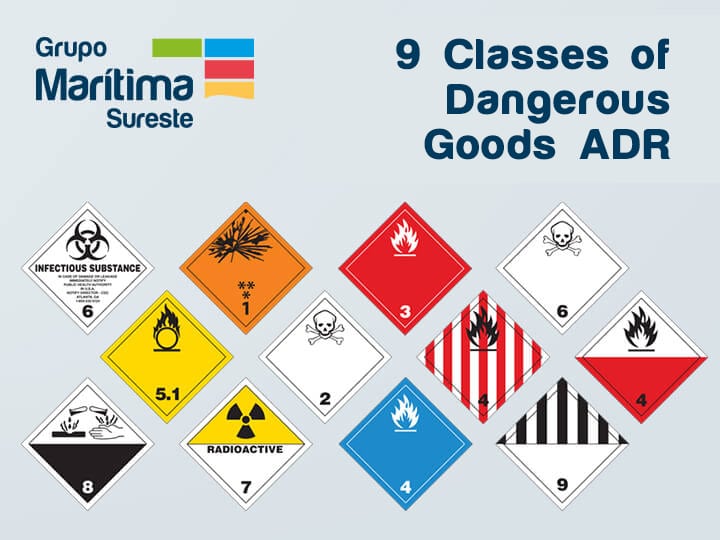
Dangerous goods classes
As mentioned above, the UN uses Model Regulations to classify dangerous goods into 9 different classes, according to their level of danger based on their nature.
Below, we will go through each of them with the intention of helping you to quickly detect where your products could be classified, should you wish to transport them:
CLASS 1: Explosives
Dangerous goods classified as explosive have a molecular composition that is formulated in such a way that they change rapidly from a solid to a gaseous state, at very high temperature, generating a sudden and violent impact.
Despite having this quality, the way in which these products are manufactured ensures their stability as long as they are not subjected to strong collisions or stimulating factors such as a flame.
CLASS 2: Gases
Gases also represent a clear danger to health and the environment if proper precautions are not taken when transporting them.
These goods are transported at high pressure, in a liquid state, to reduce their volume and make the most of the space, being able to move more at once.
CLASS 3: Flammable liquids
Flammable liquids may come from petroleum products, from an industrial or natural process.
The importance of flammable liquids lies in several areas essential to mankind, such as the fuel needed for land, sea and air vehicles.
In addition to other materials and components for development or personal comfort such as paints, inks, adhesives, among others.
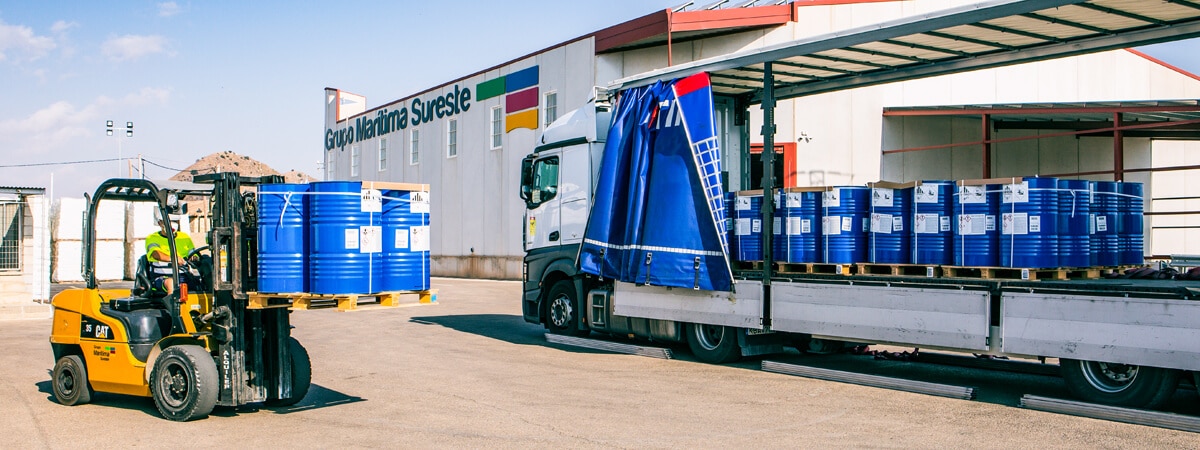
CLASS 4: Flammable solids
These are all materials that burn easily, even faster than other fuels of organic origin.
They emit a lot of heat and burn suddenly, generating toxic gases and vapours.
Also included in this class are any liquids or solids which, when in contact with oxygen, burn immediately, or when in contact with water produce a flammable gas which could ignite.
CLASS 5: Oxidising substances
Dangerous goods classified as oxidising substances are further divided into two groups: oxidising substances and organic peroxides.
Oxidising substances have a high oxygen content and react with combustible and flammable elements. They do not depend on conventional oxygen to burn, as their composition supplies their own oxygen to keep them burning.
Organic peroxides are all those materials that contain organic carbon and peroxide in their properties. These, when combined with oxygen, can burn independently.
They are characterised by the fact that they are extremely harmful to human health.
CLASS 6: Toxic and infectious substances
Toxic substances are chemical poisons that are harmful to the human organism. They must be prevented from entering our organism, either topically (through the skin), respiratory or digestive (by ingesting them through the mouth or nose).
CLASS 6 hazardous substances contain micro-organisms that cause infectious diseases, a direct risk to humans and animals because of their pathogens.
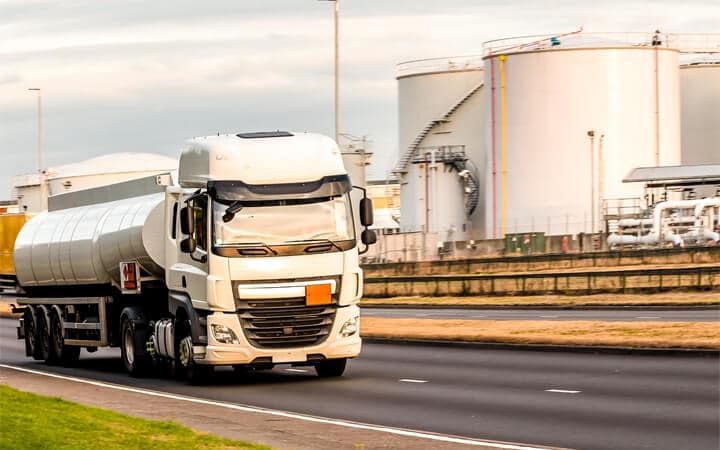
CLASS 7: Radioactive material
Any material that emits radiation that affects and damages the human body in any way falls under CLASS 7.
Being a high-level dangerous goods, packaging and transport care must be handled according to very high safety standards.
CLASS 8: Corrosives
Corrosive materials are highly reactive when in contact with objects and skin, destroying tissue and causing irreversible changes. They are made up of acids and require special handling depending on their ability to damage materials.
CLASS 9: Hazardous materials in general
This CLASS 9 includes all materials that represent a risk to human health, the environment and transport itself, but are not classified in any of the other classes.
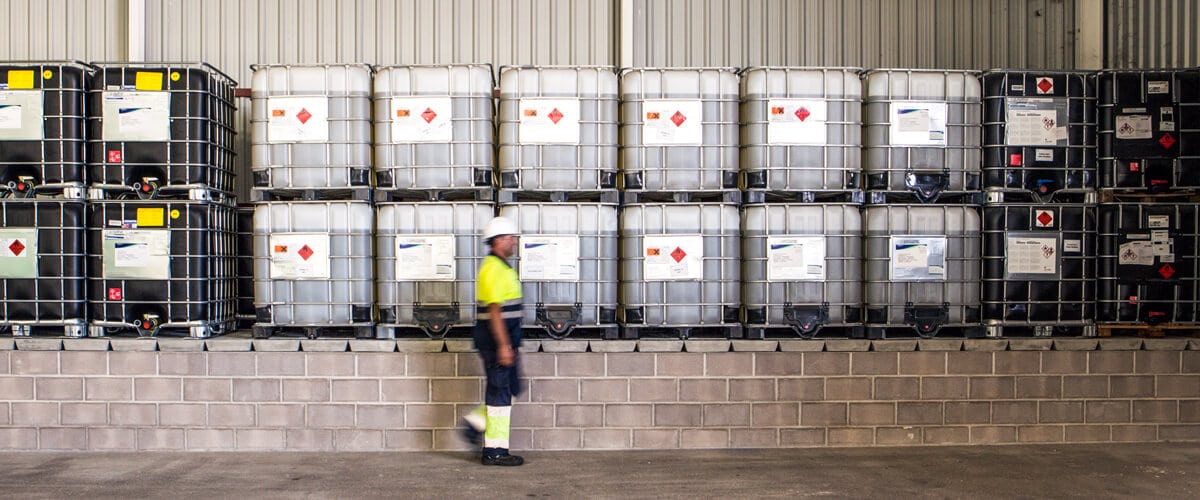
Additional services to ADR transport
In Grupo Marítima Sureste we offer you a long experience and knowledge about the treatment and handling of dangerous goods, as, in addition to transport, we have facilities for the storage and handling of dangerous goods.
For the shipment of dangerous goods by lorry, whether tautliner, tanker or container, we have the relevant authorisations and our drivers are more than qualified and trained to respond efficiently to any situation.
If you need to move products catalogued as dangerous goods, either within Spain or internationally, you can contact us without obligation to analyse your case and determine the procedure to follow.
